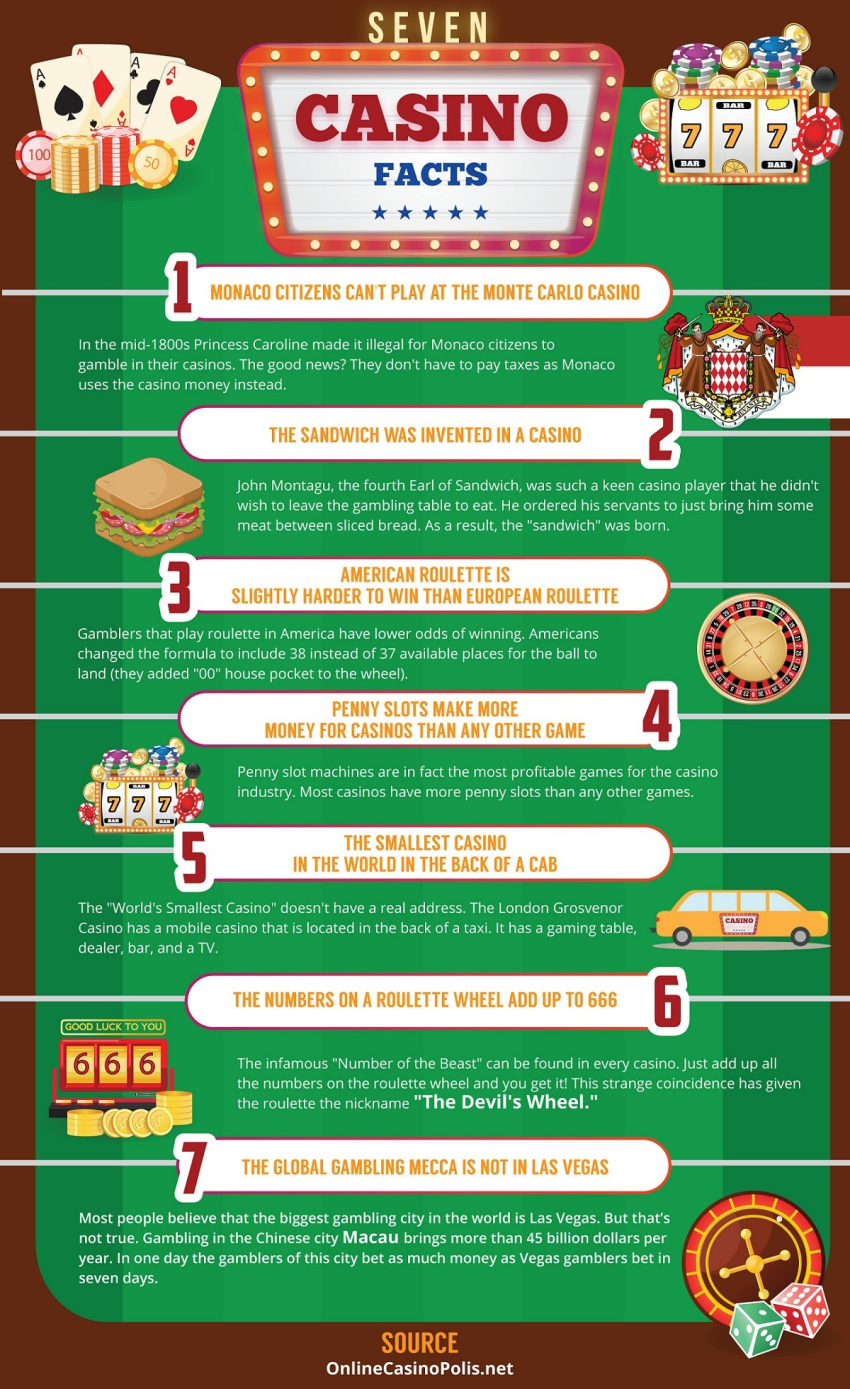Gambling facts reveal an intriguing combination of chance, belief, and psychological influence. From ancient times, players across the globe have intertwined luck in gambling with culturally specific superstitions and rituals. These fascinating elements heighten the thrill for many, as they believe that certain behaviors or tokens can sway their fate. Whether it’s wearing lucky attire or practicing peculiar rituals before placing a bet, these customs can profoundly impact a gambler’s mindset. In this exploration, we will uncover how cultural beliefs and emotional comfort stemming from such practices can create a unique gambling experience, all while reinforcing the adage that luck is as much a matter of belief as it is of chance.
The realm of chance games and betting is rife with captivating cultural narratives and emotional experiences. Players often engage in various traditional practices and mental strategies to enhance their odds or simply feel more fortunate, reflecting widespread human behaviors tied to luck. In this discussion, we will delve into how behavioral rituals, psychological tendencies, and specific cultural ideologies around fortune can shape the gambling journey. From the mindful rituals adopted before gameplay to the psychological comfort they provide, understanding these dimensions offers a richer view of the wagering experience. Additionally, by examining how beliefs in luck vary among different cultures, we can appreciate the deeper emotional connections players have to their gambling routines.
Exploring Gambler Superstitions: Luck and Rituals
Gambling superstitions are not just trivial beliefs; they represent a cultural tapestry woven through generations of gameplay experiences. Gamblers worldwide cling to unique rituals that they believe can influence their luck, transforming a game of chance into a profound psychological experience. For instance, some players avoid mentioning certain ‘bad luck’ terms at the table, believing that such words could jeopardize their winning streak. Such behaviors act as psychological buffers, enhancing the players’ confidence and enriching their emotional comfort while gambling.
Rituals, however varied, often stem from personal stories or cultural practices that resonate with the individuals participating in gambling activities. Whether it’s wearing a special outfit believed to channel luck or performing a quirky dance after a win, these actions are less about success rates and more about embracing a mindset that fosters positivity. Interestingly, studies suggest that engaging in familiar rituals can also lower anxiety levels in high-stakes scenarios, possibly improving decision-making even if the odds remain unchanged.
Cultural Beliefs in Luck: An Emotional Connection
Cultural beliefs about luck play a pivotal role in how individuals approach gambling. Across various cultures, different superstitions shape players’ behaviors at gaming tables. In the Western world, for instance, the number seven is often associated with luck, whereas in other regions, specific colors or animals are regarded as fortunate symbols. This diversity in cultural beliefs highlights how varied perspectives on luck can significantly affect gambling rituals and practices.
These cultural rituals enhance emotional connections during gambling, providing gamblers with feelings of control and familiarity in unpredictable environments. For instance, in Asian cultures, certain gestures performed in casinos are believed to attract good fortune. Understanding and respecting these cultural nuances not only enriches the gambling experience but also fosters a deeper sense of community among players. Engaging with these diverse beliefs can enhance a gambler’s confidence and emotional comfort, enabling a more enjoyable and immersive gaming experience.
Frequently Asked Questions
What are some common gambling superstitions that players believe can influence luck?
Gambling superstitions are prevalent among players, often involving rituals or behaviors believed to enhance luck during gaming. Common examples include wearing lucky clothing, avoiding certain actions like crossing legs while playing, and carrying talismans or charms for good fortune. These practices, while lacking scientific support, can boost a player’s confidence and emotional comfort, making them feel luckier overall during their gambling sessions.
How do cultural beliefs impact gambling rituals and the perception of luck?
Cultural beliefs significantly shape gambling rituals and how luck is perceived across different regions. For instance, in some cultures, specific gestures or phrases are deemed lucky during games. These beliefs not only influence individual behaviors but also contribute to a community’s unique gambling practices. Understanding the diversity of these cultural superstitions can enhance a player’s appreciation for varied rituals, leading to a more holistic gambling experience where emotional comfort and engagement play crucial roles.
| Key Points | Details |
|---|---|
| Gambling Superstitions and Their Impact | Gamblers often believe certain rituals enhance luck, boosting confidence despite lack of scientific evidence. Examples include avoiding crossing legs or carrying lucky charms. |
| The Influence of Gambling Rituals | Unique rituals across cultures help improve confidence and reduce anxiety, with actions like specific clothing choices or pre-game routines improving the psychological experience. |
| Cultural Beliefs About Luck | Different cultures have unique superstitions that influence gambling behaviors, reflecting personal significance and broader sociocultural perspectives on luck. |
| The Power of Positive Thinking | Confidence and a positive mindset can enhance a gambler’s experience, adding emotional support regardless of the actual game outcomes. |
| Emotional Comfort through Rituals | Rituals provide emotional support during gaming, fostering a relaxed and engaged experience even with the randomness of gambling outcomes. |
Summary
Gambling facts play a crucial role in shaping how players approach games of chance. The intricate relationship between belief systems, cultural practices, and psychological factors highlights the importance of mindset in enhancing one’s gambling experience. Though rituals and superstitions do not alter statistical outcomes, they can boost confidence and emotional engagement, transforming gaming into a more enjoyable endeavor. As gamblers explore these facts, they may find that embracing personal rituals enhances their thrill in the game, inviting a richer connection with the overall gambling experience.
